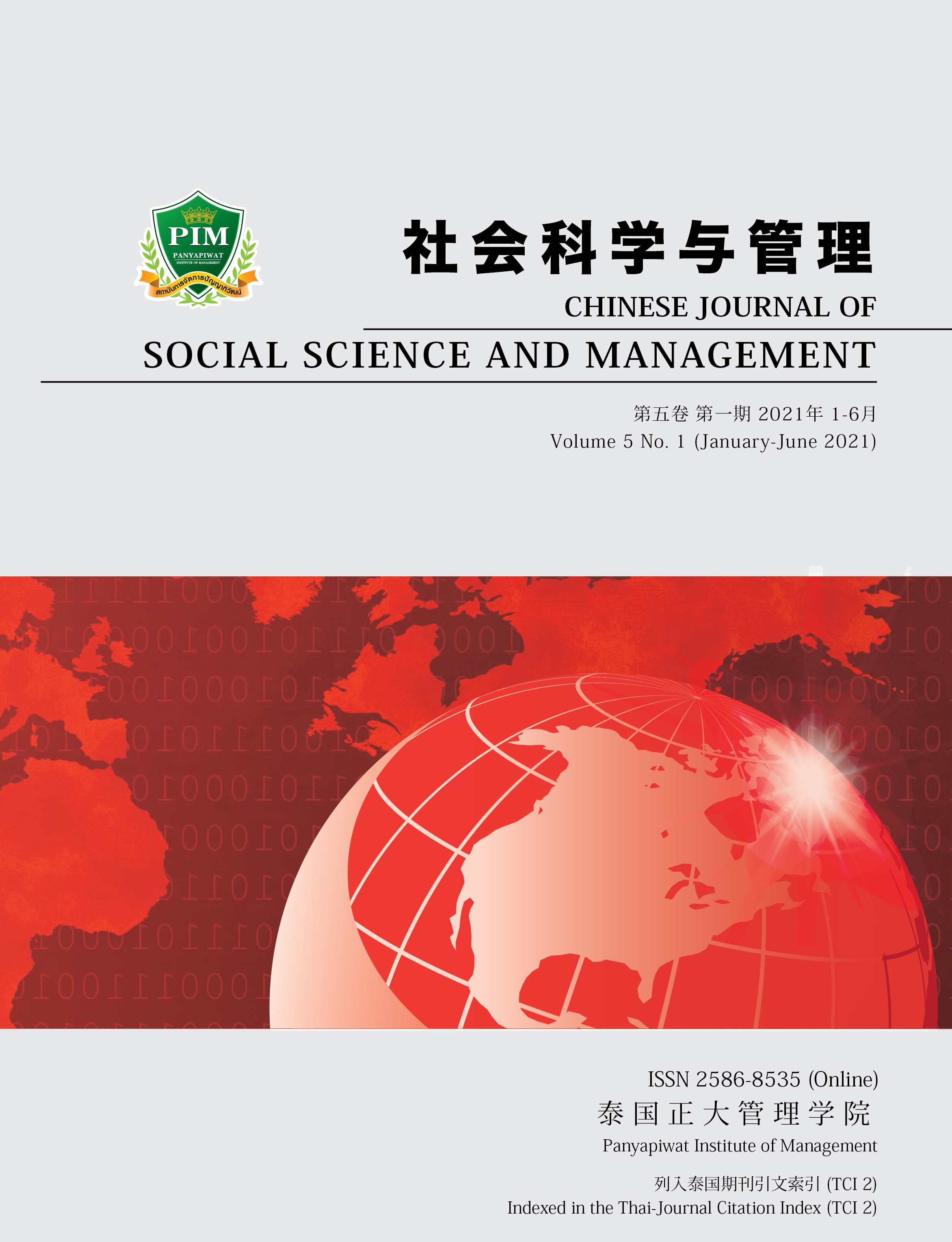THE GUIDING POWER OF INTERNET PUBLIC OPINION CRISIS MANAGEMENT—TAKING DAQING OILFIELD NEWS AS AN EXAMPLE
Main Article Content
Abstract
In recent years, the whole media has risen vigorously with its advantages in content, channel, and function. However, the public has transmitted unimaginable negative public opinion, which cannot be received at once. Waves of crises for network public opinion have caused a negative impact, that is, the crisis of network public opinion. Traditional media forms have been impacted, and their voices are becoming weaker and weaker. This paper mainly discusses how to improve the guidance of public opinion in the face of such a situation, taking Chinese Communist Party’s newspaper Daqing Oilfield Daily as an example.
Based on the theory of crisis management and information asymmetry, this paper puts forward the background of the all-media era. Through interviews and grounded on theoretical analysis methods in qualitative research, this paper summarizes several factors that affect the promotion of public opinion guidance, namely the enhancement of public opinion for leaders’ ability, the enhancement of public opinion for practitioners’ ability, and the enhancement of public opinion for participants’ ability. This conclusion will be of great significance for Chinese Communist Party’s newspapers and organ newspapers to scientifically deal with the crisis of network public opinion.
Article Details
Chinese Journal of Social Science and Management Editorial Division
The Office of Research and Development, Panyapiwat Institute of Management
85/1 Moo 2, Chaengwattana Rd., Bang Talat, Pakkred, Nonthaburi 11120, Thailand
Tel. 02 855 01048 E-mail: cjssm@pim.ac.th
References
Gao, S. K. (2012). Omnimedia: Conceptual Analysis and Theoretical Reconstruction. Journal of Zhejiang Institute of Media & Communications, 4, 37-42. [in Chinese]
Hu, B. J. (2014). Crisis Communication Management: School, Paradigm and Path. Beijing: China Renmin University Press. [in Chinese]
Li, S. L., & Dong, J. (2019). How to Deal with Online Public Opinion Crisis in Public Crisis Management. Chinese Market, 4, 106-107. [in Chinese]
Peng, T. Y. (2015). Public Opinion Management. Hebei: Hubei Education Press. [in Chinese]
Patton, M. Q. (1990). Qualitative Evaluation and Research Methods. London: Sage Publication.
Zhang, Y. L., & Yang, Y. J. (2017). Research on Crisis Response Means of Government Network Public Opinion Based on 4R Crisis Management Theory. Modern Intelligence, 9, 75-80. [in Chinese]


